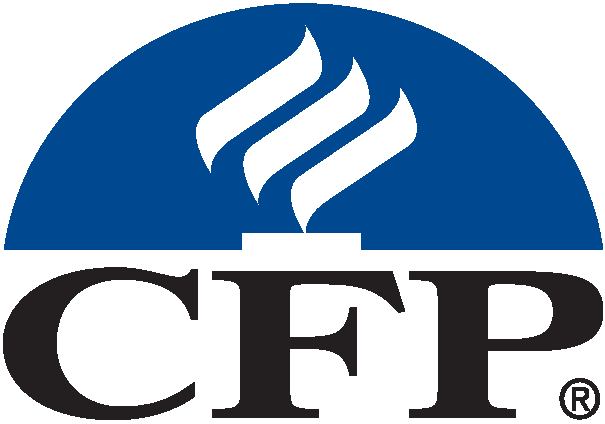What You Need to Know When Buying Life Insurance
Submitted by Chacko-Hertz Financial Solutions LLC on April 27th, 2015At first glance buying life insurance sounds like a straightforward process. For many individuals it involves little more than calling your automotive insurer in response to a letter in the mail offering a “multi-policy” discount or free insurance review. However, determining how much life insurance coverage you should have and which type of policy can best protect you and your family, can and should be more involved than getting an auto insurance quote. Here are some key things you need to know when buying life insurance:
Life insurance comes in many flavors
The basic premise of life insurance is the same. When we die our ability to earn an income goes to zero. Upon death life insurance provides a payment to our designated beneficiaries, often with tax advantages. Most individuals purchase life insurance to protect their families from a sudden loss of income, their estates from a large tax bill, or to protect a business that relies on key people.
Unfortunately that is the extent of the similarities between life insurance product types. There are myriad policy options, each of which has advantages and compromises. Below are some of the most commonly discussed categories of life insurance, but just like no two individuals are exactly the same, there are near infinite levels of customization available when considering life insurance needs.
Term life insurance
Often the simplest form of life insurance, this involves deciding on a term (10 years, 20 years etc.) for an agreed upon benefit amount . The advantage of term life insurance is in how simple it is to acquire and pay for.
Unfortunately term life insurance eventually expires, meaning if you live beyond the length of the policy then coverage no longer applies. Given that most of us would rather live longer this can prove problematic, causing coverage to lapse when it’s needed most. Term life insurance also usually neglects inflation, so a policy that sounds robust enough to meet the needs of a family with a new infant may feel quite a bit less secure when the child is attending university.
Permanent life insurance
The key difference between permanent and term life insurance is that permanent life insurance will pay out at the end of the policy. That’s right; no matter how long you live there will be a payout as long as premiums have been paid. In fact some forms of permanent insurance pay out at age 100 even when you’re still alive, as the insurance company doesn’t bother with calculations for risk beyond 100.
Permanent insurance also accrues a cash value over time, making it similar to an investment.
Unfortunately the benefits aren’t free, and permanent life insurance premiums tend to be higher than those for term life insurance.
Who is providing coverage?
Regardless of the mix of permanent or term life insurance that is right for your situation it can pay to also consider who is providing the insurance product and helping select the right policy. Oftentimes a financial planner capable of acting as an insurance broker can assist in doing due-diligence on insurance companies and the products they provide.
How much is enough?
This is one of the most difficult questions to answer, and the right answer today may be the wrong answer tomorrow. A wealthy individual with an established business to protect will have different needs from young professionals just starting their careers. Either way, seeking professional assistance for life insurance needs can help prevent over or under-insuring as well as providing the ongoing reviews necessary for life’s changing needs and circumstances.





